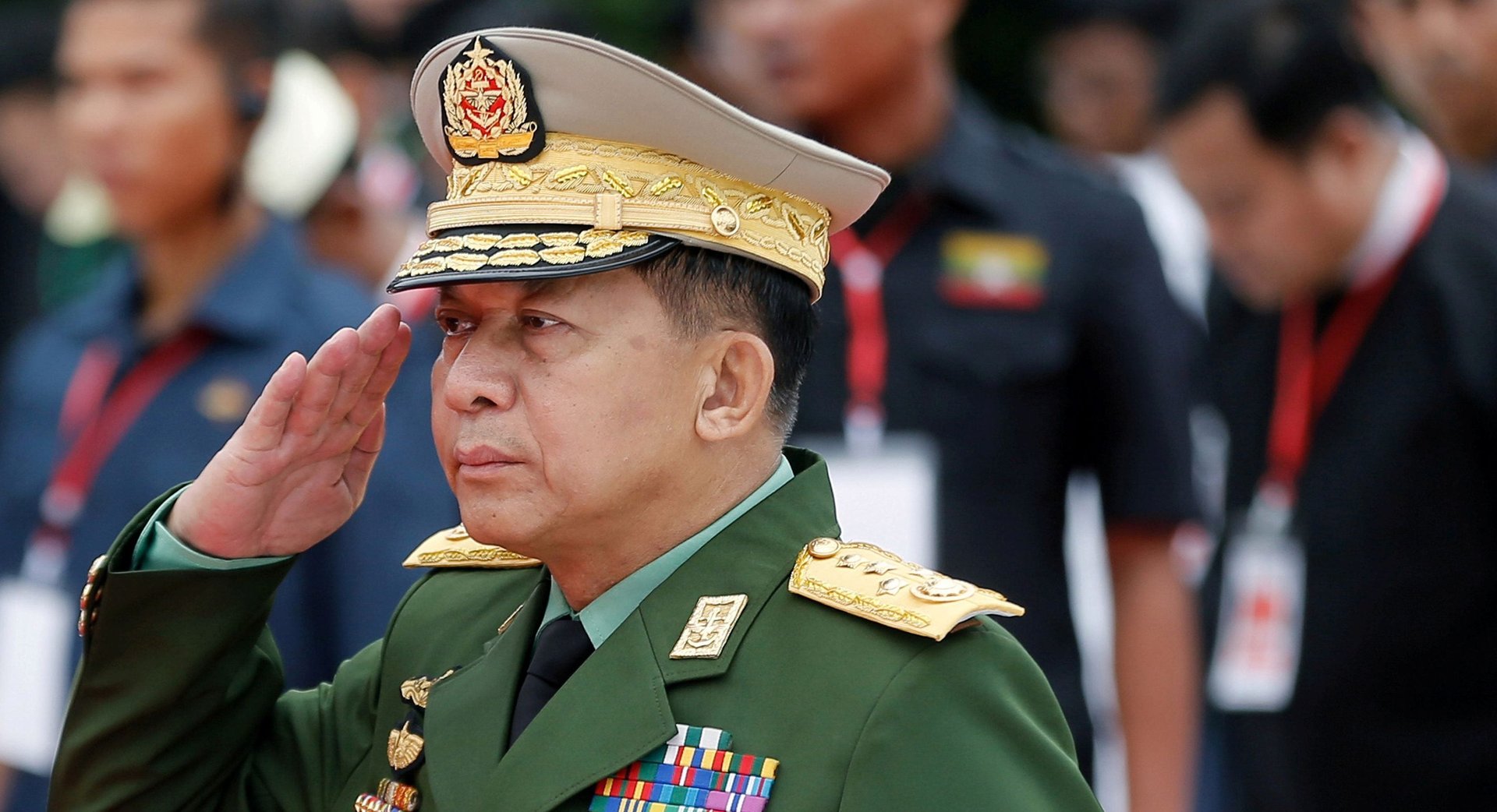Facebook finally takes serious action in Myanmar after a damning UN report on the Rohingya
The United Nations released a report today (Aug. 27) detailing the findings of its investigation into the Rohingya crisis in Myanmar, and said the country’s military generals had “genocidal intent” against the Muslim minority, who one year ago were systematically forced into neighboring Bangladesh, where they remain in refugee camps.


The United Nations released a report today (Aug. 27) detailing the findings of its investigation into the Rohingya crisis in Myanmar, and said the country’s military generals had “genocidal intent” against the Muslim minority, who one year ago were systematically forced into neighboring Bangladesh, where they remain in refugee camps.
The Myanmar military, however, wasn’t the only group that received blame for the crisis. Facebook did too.
The UN’s report said that the social network had been used to spread hateful content against the Rohingya, and criticized Facebook’s response toward those allegations. “Although improved in recent months, Facebook’s response has been slow and ineffective. The extent to which Facebook posts and messages have led to real-world discrimination and violence must be independently and thoroughly examined,” the report said.
Shortly after the report was published, the company said in a statement that it was removing the accounts of 20 individuals or groups in Myanmar from Facebook and Instagram, including senior general Min Aung Hlaing, commander-in-chief of the armed forces, and the military’s Myawady television network. The general was among the six military officials the UN report said should face justice for their role in the violence directed against the Rohingya in western Rakhine state, resulting in the exodus of over 700,000 Rohingya from Myanmar. A report in Wired (paywall) published last month said that the commander-in-chief’s office published photos of dismembered children and dead babies allegedly attacked by Rohingya, in an attempt to refute criticism from British lawmakers against the government’s policy toward the minority group.
Facebook said that the UN report and other international experts “have found evidence that many of these individuals and organizations committed or enabled serious human rights abuses in the country. And we want to prevent them from using our service to further inflame ethnic and religious tensions.” Earlier this month, Facebook said that it was building on its efforts to fight the spread of hate speech on its platform, including greater investment in artificial intelligence that can spot problematic posts, and making it easier for people to report such posts.
In March, a UN official said that the social network had “turned into a beast” in the country.
Richard Horsey, a consultant on Myanmar to non-profit organization International Crisis Group, called the development “very significant” given Facebook’s dominance in the country. Mark Farmaner, director of the Burma Campaign UK, however, added that the culpability of spreading hate speech on Facebook did not just lie with the military, but also with Aung San Suu Kyi’s office. The UN report also said that the civilian government led by Suu Kyi failed to take action to stem the proliferation of hate speech.
Facebook is far and away the dominant social network in Myanmar, where many people simply use it in place of the internet. A Reuters investigation published this month into Facebook’s role in and handling of the Rohingya crisis said that the company had for years dedicated few resources to the nation, both in terms of money and people. Facebook still doesn’t employ anybody in the country, it said, and instead outsources its monitoring of hate speech in Myanmar through consulting firm Accenture.